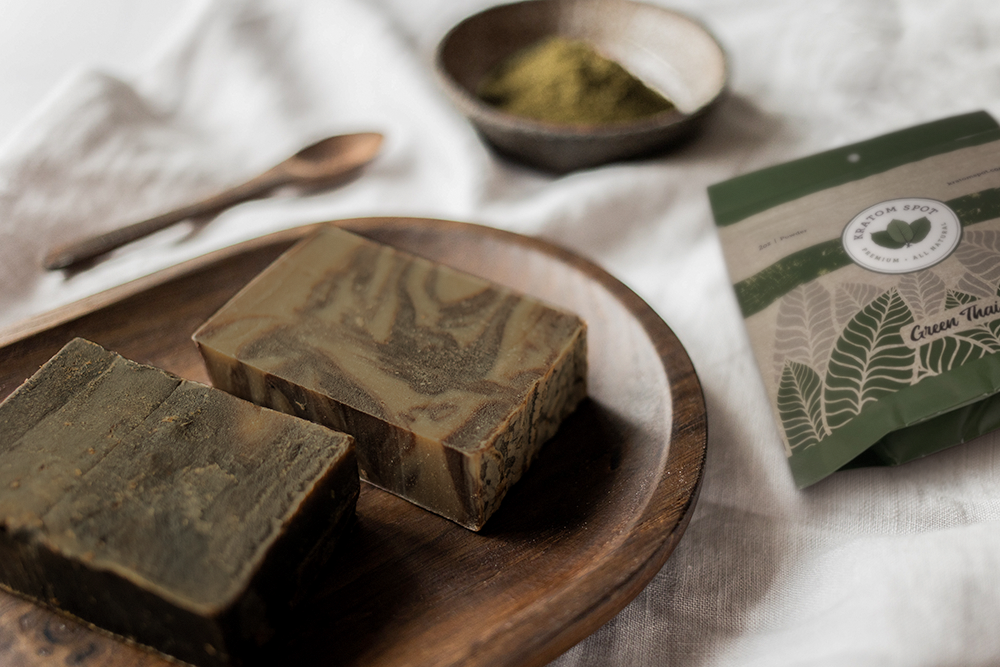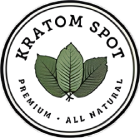
The skincare industry is no stranger to unusual and innovative ingredients. But kratom? That’s not one we’re used to seeing in beauty and skincare products.
Nonetheless, it seems that kratom-based soaps, scrubs, and more are starting to make an appearance.
So, kratom skincare: is this the next big thing? Or just another in a long line of cash grabs?
The Emergence of Kratom Beauty Products
Until very recently, topical kratom products were virtually unheard of. But, all of a sudden, we’re seeing more and more skincare products made with kratom.
Some of the kratom products marketed for topical use include:
- Soap
- Lotion
- Face wash
- Toner
- Lip balm
More and more of these are popping up and being marketed both to traditional kratom users and to skincare enthusiasts who may never have heard of kratom before.
And we’re all for spreading the word about kratom — but only if the products being marketed are honestly marketed and effective.
So, can kratom be absorbed through the skin? Are these products effective, or just a fad?
Does Topical Kratom Work? The Quick-And-Dirty On Kratom Skincare
Unfortunately, there is currently no way to be sure whether kratom-based skincare products are effective.
The sad fact is that kratom is under-researched. Despite growing attention from clinical researchers, there’s still a lot that we don’t know about kratom, its alkaloids, and its other compounds.
When it comes to kratom, topical use is extremely rare. While kratom has been used for centuries, the emergence of kratom beauty products and other topicals is just emerging. As such, no research has yet been conducted on topical applications of kratom, so the dearth of evidence is even worse here than in the rest of the kratom world.
Nonetheless, there are some lessons we can extract from elsewhere that might help shine a light on the question of kratom topicals and skincare.
Kratom and Coffee Topicals: What We Can Learn
Under normal circumstances, kratom alkaloids found in leaves and powder will not be absorbed through the skin. It’s a lot like touching kratom’s cousin, coffee: you’re not going to get a caffeine buzz just because you put your hands in a pile of grounds.
And yet coffee- and other caffeine-based skincare products are a mainstay of the beauty industry, and even dermatologists tend to agree that they work!
This is a valuable takeaway that gives some hope that kratom skincare products may be effective. Just as coffee-based topicals can be enhanced by coffee’s active ingredients, so too might kratom based-topicals.
It’s theoretically possible, though not proven, that some of kratom’s alkaloids or other compounds could interact with the skin, much like caffeine does.
Kratom Contains Catechin and Rhamnose: Two Proven Skincare Compounds
While it’s uncertain whether kratom’s alkaloids are effective for skincare, it is clear that two of kratom’s other compounds are great for topicals.
These are catechin and rhamnose, both of which are very commonly used in traditional cosmetic and skincare products.
Catechin is mostly found in fruits and green teas, and it’s used in many cosmetics. Products with catechin are often believed to reduce skin damage from UV rays. It is also believed to be an effective exfoliant and to help synthesize collagen in the skin.
Rhamnose is a naturally occurring sugar. It is very commonly used in cosmetics products; however, it does not directly affect the skin. Rather, rhamnose is useful as an emulsifier, improving the texture and consistency of the product, which facilitates easier, more even application.
Given that kratom contains both of these common cosmetic ingredients, this might partially account for the rise of kratom skincare products’ popularity — and the generally favorable reviews that such products receive from users.
DIY Kratom Skincare Products
Given that kratom-based skincare is an unproven technology, the only real way to make up your mind about its effectiveness is to try it yourself.
Unfortunately, you’re likely to pay a premium for these unproven products, making it all the more unfortunate should your kratom topical turn out to be a scam.
So: why not make your own kratom skincare or kratom beauty products?
I’ll be honest: this sort of project is outside of my personal wheelhouse, so I won’t go about claiming any sort of expertise or providing you with a perfect recipe.
But, there’s no shortage of DIY cosmetics, soap, and skincare instructions out there in the Wild Wild Web. Adding a bit of kratom powder to your favorite DIY soap recipe is an easy and cost-effective way to try out kratom skincare for yourself.

